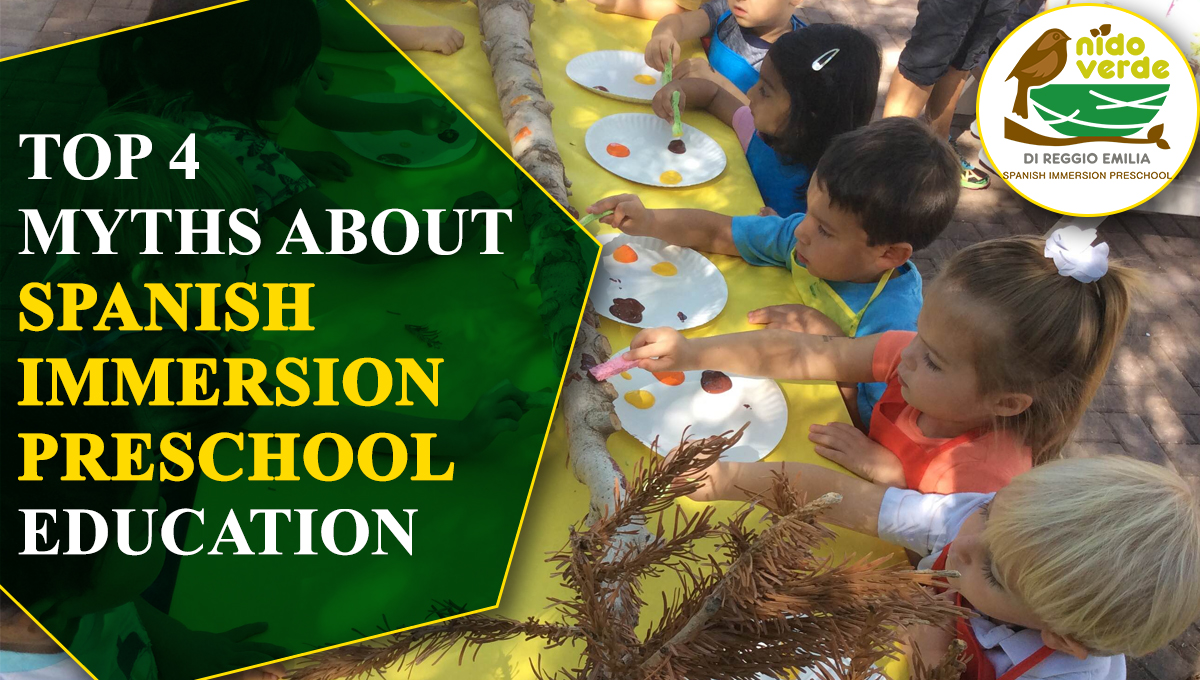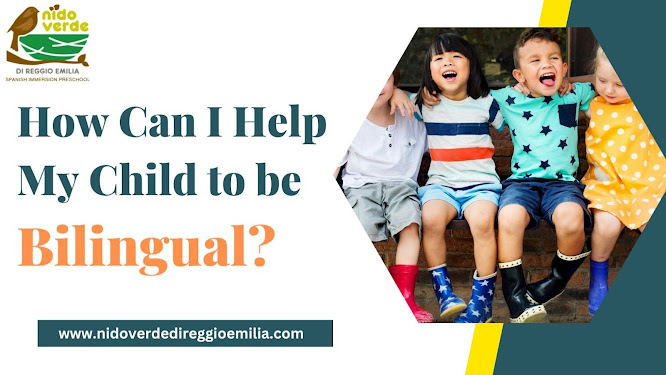Top 4 Myths About Spanish Immersion Preschool Education
Despite
the fact that Spanish immersion
preschool education is becoming more and
more popular, there are still some misconceptions that are still prevalent in
our society. These misconceptions include:

Bilingual Children Learn Two Distinct Vocabularies
Whether
they are born bilingual or learn Spanish in the later stages of life, bilingual
children learn two distinct vocabularies in Spanish immersion preschool
education. The gist is that they'll learn about the same number of words as
their bilingual counterparts, but they'll be better at categorizing those
words. The most important thing is to make sure your child receives adequate
natural exposure to both languages.
There
are several ways to help your child develop their two languages. Some parents
hire bilingual nannies, while others send their kids to bilingual preschools.
Alternatively, you can make use of bilingual lessons at home.
have
improved social understanding skills. They may also have better problem-solving
skills.
Despite
this, researchers are still debating whether code mixing really has a positive
or negative effect on bilingual children's development.
Bilingual Education Slows Down Learning Of English
Despite
all the hype, a bilingual education program does not necessarily help a child
learn to speak English. A good study on the subject reveals that, contrary to
popular belief, bilingual education does not lead to fast progress in English.
In fact, most LEP students do not reach fluency in English within six years.
The
same study also reveals that students who learn English in a bilingual
education program do not perform as well as their peers in English-based
classes. And in fact, fewer than half of them will ever be ready to leave the
program.
This
is not to say that bilingual education is ineffective. In fact, it has been
shown to be an important tool in reshaping cultural understandings. However, it
was also proven to be ineffective in developing other language facilities among
English-speaking teachers.
The
most important part of bilingual education is the maintenance of a child's
native language. However, this is a separate aspect of the program.
Also,
read about - Can Preschool Children
Be Taught a Second Language?
Bilingual Education Raises Problem-Solving Skills
Taking
a bilingual education can raise problem-solving skills. Being bilingual helps
children learn a new language, improves their cognitive ability, and helps them
adapt to new environments. They also have better social-emotional skills. This
helps children to understand different perspectives and build personal
connections. Moreover, they have larger vocabularies and less reading problems.
It's Futile For English-Only Speaking Parents
Whether
you are a Spanish-only speaking parent, you are probably wondering if Spanish immersion preschool education
will work for you and your child. While some parents may think that learning a
second language is futile, others may feel that it's necessary. The truth is,
the language skills your child will develop will come from the environment, the
media, and from peers. By helping your child learn English, you can help them
develop the skills they need to succeed in school.
You
can also learn Spanish yourself in the classroom and then teach your child
about the language and about the school.
Nido Verde Di Reggio Emilia the best preschool for kids to learn Spanish language and
other activities. If you want your kids learn to understand culture and
language then you should visit our site http://nidoverdedireggioemilia.com/
Original Source - https://bit.ly/3hW98Yl


Comments
Post a Comment